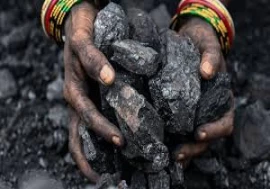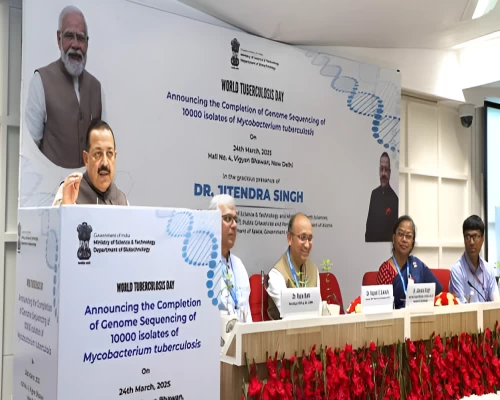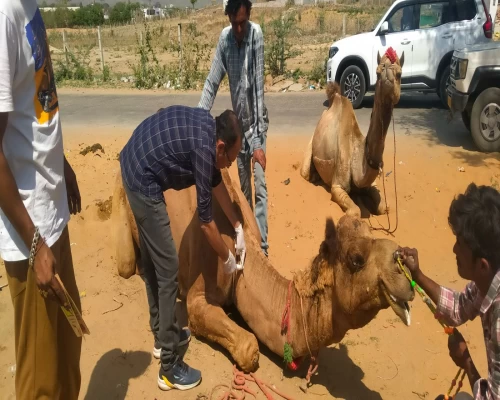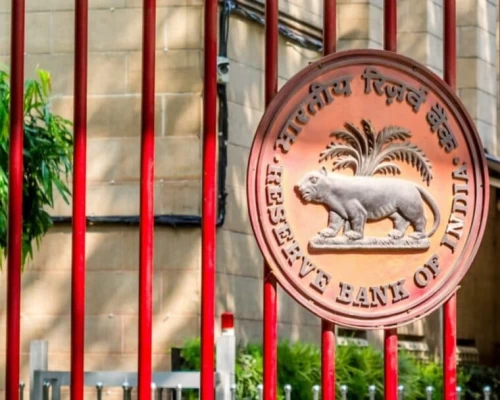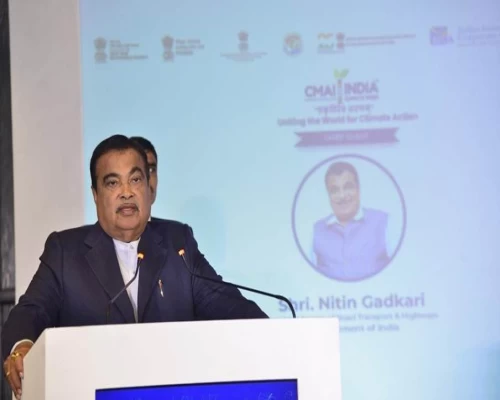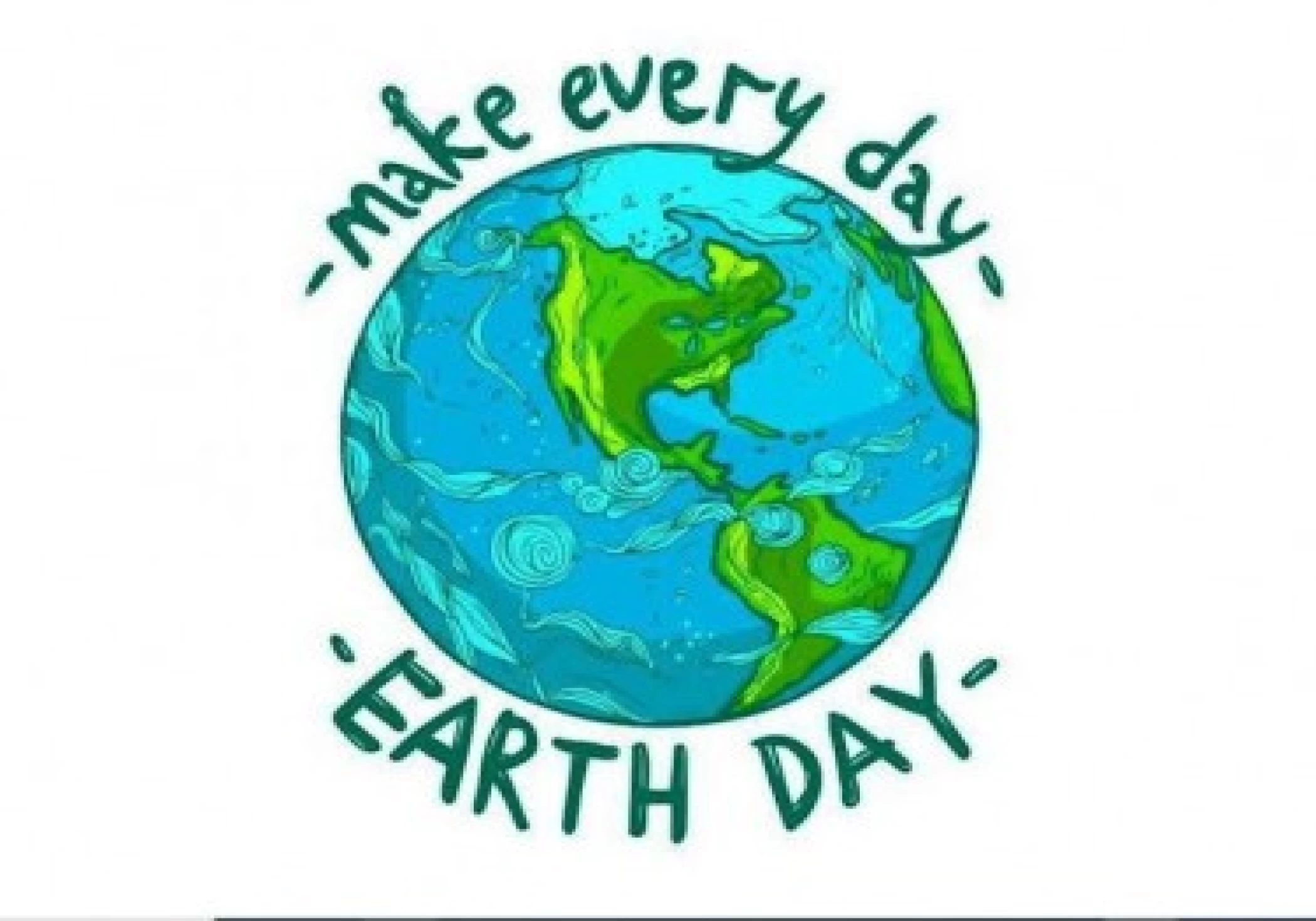
New Delhi: The Earth Day celebrated annually on 22 April, will again see more than one billion people participating in activities around the world to draw attention to the urgency of the climate crisis and environmental degradation and the need for immediate action. This year, it also presents a major opportunity for significant climate action announcements. Many important environmental events have happened on Earth Day since its inception in 1970, including the signing of the Paris Agreement in 2016. The theme for this year – the second Earth Day Live digital event – is ‘Restore our Earth.’
The 22 April is also International Mother Earth Day, as proclaimed by the United Nations in 2009. In a statement to mark the Day, UN Secretary-General, António Guterres, called for decisive action to protect our planet from both the coronavirus and the existential threat of climate disruption: “Mother Earth is clearly urging a call to action. Let’s remind more than ever on this International Mother Earth Day that we need a shift to a more sustainable economy that works for both people and the planet,” he said.
Several major climate-related events will take place in parallel on 22 April including the Leaders’ Summit on Climate, hosted by the United States, and an Exponential Climate Action Summit on Financing the Race to Zero emissions. As the US reenters the global climate fight, US President Biden is convening a virtual Leaders’ Summit on Climate from 22 to 23 April with the participation of 40 world leaders. The central aim of the Summit is to galvanize efforts by the world’s major economies to keep the vital Paris Agreement goal of limiting global warming to 1.5 degrees Celsius within reach.
Major economies are expected to announce their new national climate action plans – known as Nationally Determined Contributions or NDCs. The Summit will reconvene the Major Economies Forum (MEF) on Energy and Climate, a US-led initiative that played a major role in delivering the Paris Agreement. In addition to the major economies, leaders of countries that are key stakeholders in the climate fight will participate. These include countries that have demonstrated strong climate leadership, are especially vulnerable to climate impacts, or are charting innovative pathways to a net-zero economy.
UN Climate Change Executive Secretary, Patricia Espinosa, will be among the participants at the second virtual Exponential Climate action Summit –Financing the Race to Zero – where transformers, disruptors and enablers will focus on how to finance The Race to Zero carbon emissions by 2050. The Exponential Climate Action Summit is collaboration between We Don't Have Time, the world's largest social network for climate action, communications technology firm Ericsson and The Exponential Roadmap Initiative, whose mission is to halve emissions before 2030 through exponential climate action and solutions.
Recognized as the planet’s largest annual civic event, Earth Day has spawned a range of environmental actions and campaigns, including the passage of landmark environmental laws and reforestation projects. Ahead of this year’s crucial United Nations Climate Change Conference in November in Glasgow, a Climate Literacy campaign has been launched, urging governments attending the conference to make climate literacy a core feature of school curriculums across the globe.
The UN chief maintained that fossil fuel subsidies must end, polluters must pay for their contamination and public funds should be invested in sustainable sectors along with pro-environment and climate projects. Moreover, climate risks and opportunities must be incorporated into financial systems, public policy making and infrastructure. Finally, he stressed the “we need to work together as an international community.”
Meanwhile, General Assembly President Tijjani Muhammad-Bande reaffirmed the UN’s commitment to promote harmony with nature for a ‘just, sustainable and prosperous society.’ In his message, he conceded that the loss, suffering, and unprecedented challenges created by Covid-19 has affected “everyone’s daily lives” and awoken us to the fact that “solidarity is our best and first line of defence.”
“Our experience with Covid-19 demonstrates that we, humanity, are not separate from the world around us”, said the Assembly President. “In this Decade of Action and Delivery to implement the Sustainable Development Goals (SDGs)…we must work together to protect our planet and ecosystems, which affect every aspect of human life.” He underscored the importance of prioritizing the sustainable use of planetary resources when pursuing industrial growth, notably in food production and agriculture; and to protect biodiversity in climate action efforts, industrial practices and urban expansion.
“We will only preserve Mother Earth through a paradigm shift from a human-centric society to an Earth-centred global ecosystem”, he spelled out. Calling education “critical” to safeguarding our planet, Mr. Muhammad-Bande maintained that everyone has something to teach and something to learn, and by working together the world could implement the SDGs in harmony with nature.
The sustainable development that is sought by the world community relies upon the three overarching objectives of devising supportable patterns of consumption and production, protecting and managing natural resources and eradicating poverty. Earth jurisprudence is an emerging field of law that seeks to give greater consideration to nature, promoting sustainable production and consumption patterns. /BI/



